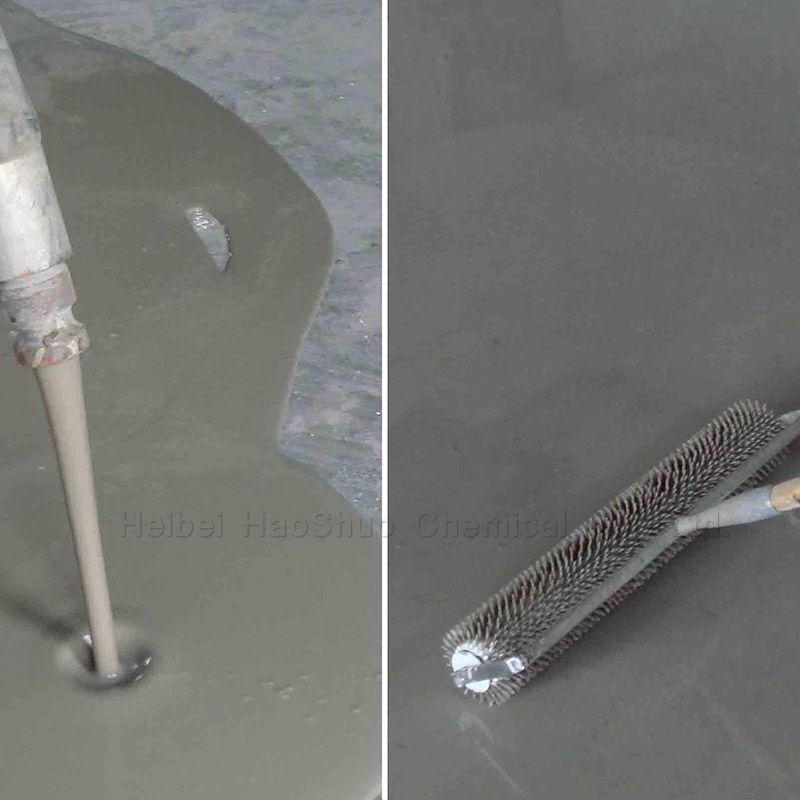- Automobiles & Motorcycles
- Beauty & Personal Care
- Business Services
- Chemicals
- Construction & Real Estate
- Consumer Electronics
- Electrical Equipment & Supplies
- Electronic Components & Supplies
- Energy
- Environment
- Excess Inventory
- Fashion Accessories
- Food & Beverage
- Furniture
- Gifts & Crafts
- Hardware
- Health & Medical
- Home & Garden
- Home Appliances
- Lights & Lighting
- Luggage, Bags & Cases
- Machinery
- Measurement & Analysis Instruments
- Mechanical Parts & Fabrication Services
- Minerals & Metallurgy
- Office & School Supplies
- Packaging & Printing
- Rubber & Plastics
- Security & Protection
- Service Equipment
- Shoes & Accessories
- Sports & Entertainment
- Telecommunications
- Textiles & Leather Products
- Timepieces, Jewelry, Eyewear
- Tools
- Toys & Hobbies
- Transportation
What is Construction Grade HPMC?
Construction Grade Hydroxypropyl Methylcellulose (HPMC) is a type of cellulose ether that is commonly used in the construction industry as a versatile additive in various building materials, such as cement-based mortars, tile adhesives, plaster, stucco, and self-leveling compounds. HPMC is a synthetic polymer derived from cellulose, a natural polymer found in plants. It is chemically modified to provide specific properties beneficial for construction applications.
Here are some key characteristics and functions of Construction Grade HPMC:
Water Retention: HPMC improves the water retention capacity of construction materials, helping to keep them workable for a more extended period. This is especially crucial in applications like tile adhesives and mortars, where consistent workability is essential.
Thickening: HPMC acts as a thickening agent in construction materials, enhancing their consistency and preventing sagging or slumping. It helps maintain the proper viscosity of mixtures.
Improved Workability: It enhances the workability and ease of application of construction products, making them easier to spread and shape.
Binding Properties: HPMC can improve the adhesion of materials to substrates, ensuring that tiles, plaster, or stucco adhere well to the surface.

Reduced Shrinkage: It helps reduce the shrinkage of construction materials during curing, preventing the development of cracks.
Enhanced Flexibility: In cement-based products, HPMC can increase flexibility, making them more resistant to cracking and improving durability.
Setting Time Control: HPMC can influence the setting time of cement-based materials, allowing for adjustments to match specific project requirements.
Resistance to Water and Temperature: HPMC for buiding material is typically resistant to water and can maintain its properties under a range of temperatures, which is essential for outdoor and wet applications.
Compatibility: It is compatible with other additives and chemicals commonly used in construction, such as cement, gypsum, and various admixtures.
Improved Overall Performance: By imparting these properties, Construction Grade HPMC contributes to the overall performance and quality of construction materials and helps meet various industry standards and requirements.
The specific grade of HPMC used in construction can vary based on the desired properties and applications. Manufacturers offer a range of Construction Grade HPMC products with different viscosity levels and other characteristics to suit specific construction needs.
Overall, Construction Grade HPMC is an essential additive in the construction industry, playing a crucial role in improving the performance, workability, and durability of various building materials and helping to ensure the success of construction projects.
If you are interested in sending in a Guest Blogger Submission,welcome to write for us!




Comments
0